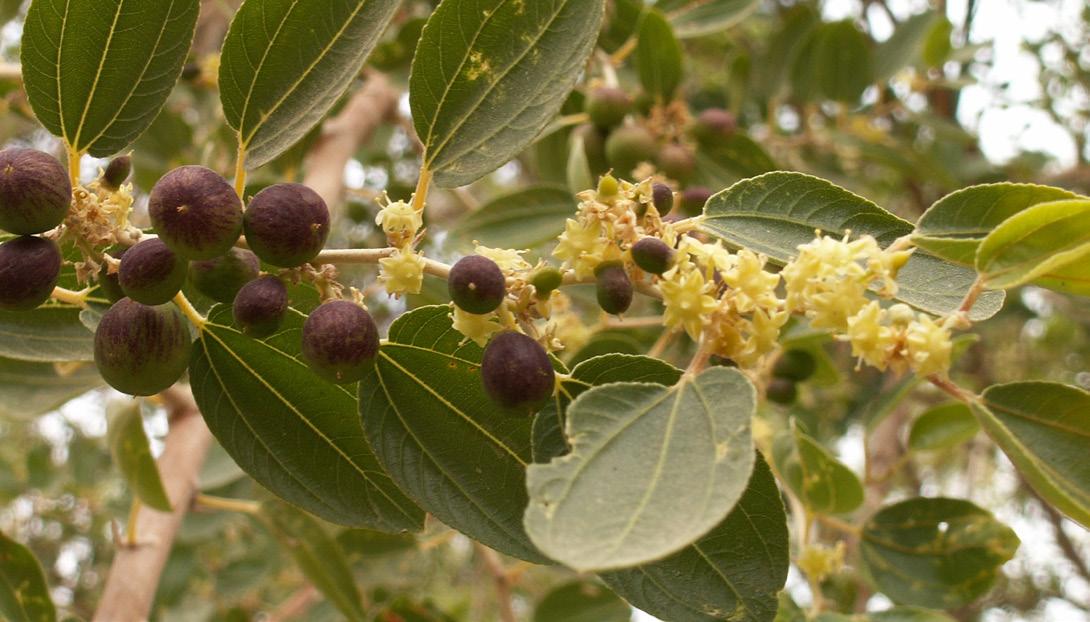
2 minute read
News
PAKISTAN
When Ameer Ahmed set up his bee farm as a part-time business with 30 hives in 2020, the 22-yearold university student did not expect to turn the trade into a fulltime job making hefty profits!
Today he has 100 hives on his farmland in Chakwal area of Punjab Province, and is earning US$13,000-16,000 (€11,000 – 13,500) annually, exporting honey to the Middle East.
Ahmed is among a growing legion of unskilled labourers, students and farmers in remote areas of the country who are turning to beekeeping as a profitable source of income - as it requires little capital.
Ahmed says: “This is an easy and profitable business to start without formal skills and education: I encourage my friends to get into beekeeping.” Ahmed has recruited two workers to help look after his growing business.
Beekeeping is becoming a thriving business in Pakistan’s rural areas, providing new job opportunities for many, and helping the country earn foreign exchange through trade exports.
Pakistan produces over 12,000 tonnes of honey annually (www.dawn.com – June 2019), with over 8,000 beekeepers according to the Honeybee Research Institute (HRI) in Islamabad.
Prime Minister Imran Khan launched the “Billion Tree Honey Initiative” in December 2020 to increase honey production to 70,000 tonnes a year. The government estimates the project will help generate around 43 billion rupees (US$268 million; €225 million) for the national economy and provide 87,000 ‘green’ jobs.
Under the programme the government has pledged to increase planting of specific trees and flora to improve honey production and quality and grant interest-free loans to traders.
In 2018-2019 Pakistan exported honey worth 966 million rupees (US$5.8 million; €4.9 million), 260 million rupees more than the year before. About US$6 million (€5 million) is earned each year through honey exports to Kuwait, Saudi Arabia and the UAE.
Industry insiders predict the numbers will keep increasing as the country’s beekeepers benefit from Pakistan’s push to reforest land under its “10 Billion Tree Tsunami” project, launched in 2018.
“Our honey is unique in the world for its natural taste, colour and texture. Demand abroad is growing fast. The government should strengthen certification and quality standards of the honey so that we can also export to the EU”, Khan said, urging the government to provide more incentives to boost the business and grant industry status to commercial beekeeping.
In Pakistan, experts say that honey production can increase only if the government takes strict measures to curb deforestation and pesticide use in agriculture.
Noor Islam, senior scientific officer at the HRI, said pesticide and antibiotic residues in honey were major obstacles in export to the EU and USA. Lack of capacity and tools to gauge pesticide residue in honey restricts exports from Pakistan to the Middle Eastern countries alone.
Source: www.arabnews.com
TANZANIA
I arranged a training day for police cadets interested in starting beekeeping at Kidatu Kilombero College in Morogoro. I put the digital training modules sent by Bees for Development to good use during the training. John Mlulu, Ifakara, Morogoro Tanzania

Front, from left, Beekeeping Officer and Trainer John Mlulu, Community Officer Celinna Mosha, Outreach Park Conservator of Udzungwa National Park Mr Naivasha, College Principal Mr F Kashai with the Deputy Commissioner of Police, and cadets on the course








